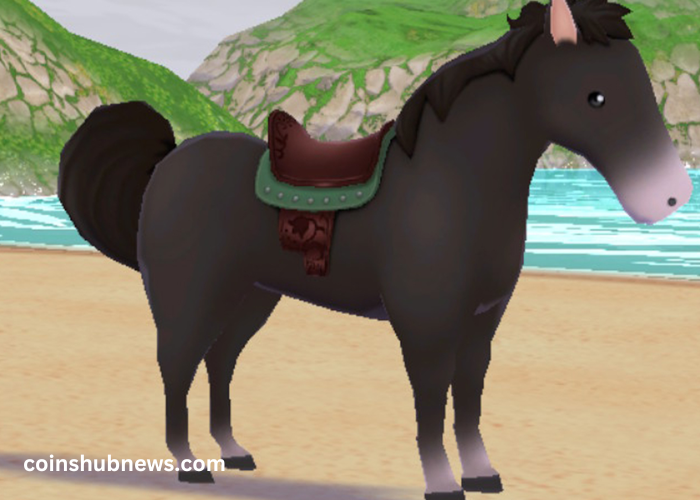Horses have been intertwined with human history for thousands of years, serving as companions, workers, and symbols of beauty and strength. Their presence in our lives has shaped cultures, economies, and even the course of history. This article delves into the fascinating world of horses, exploring their evolution, unique characteristics, and the deep bond they share with humans. Explore a wide range of courses on casa design, architecture, and construction at our website. Enhance your skills and knowledge today!
The Evolution of Horses
The story of horses begins over 50 million years ago with a small, dog-sized ancestor known as Eohippus or the “dawn horse.” This early equine lived in what is now North America and had multiple toes on each foot. Over millions of years, horses evolved to adapt to changing environments, gradually increasing in size and losing their toes in favor of a single, strong hoof. By the time of the Ice Age, the modern horse, Equus ferus, had emerged, closely resembling the horses we know today.
Unique Characteristics of Horses
Horses are remarkable creatures with unique physical and behavioral traits. They possess exceptional speed and endurance, thanks to their powerful musculature and efficient respiratory system. Their large eyes, positioned on the sides of their heads, give them a wide field of vision, essential for detecting predators in the wild. Horses also have a highly developed sense of hearing and can rotate their ears independently to pick up sounds from various directions.
Social animals by nature, horses communicate through a complex system of vocalizations, body language, and facial expressions. Their social structure is typically hierarchical, with a dominant leader known as the “alpha” guiding the herd. Understanding these social dynamics is crucial for anyone working with horses, as it fosters better relationships and training outcomes.
The Bond Between Humans and Horses
The bond between humans and horses is ancient and profound. Evidence suggests that horses were first domesticated around 4000 BCE on the steppes of Central Asia. Initially, they were likely used for their meat and milk, but their role quickly expanded to transportation and warfare. The domestication of horses revolutionized human mobility, enabling the spread of cultures, trade, and ideas across vast distances.
Throughout history, horses have been integral to various aspects of human life. In agriculture, they provided the muscle needed to plow fields and transport goods. In warfare, they were indispensable as cavalry mounts, giving armies a significant advantage in speed and maneuverability. The legendary Mongol Empire, for example, owes much of its success to the extraordinary horsemanship of its warriors.
In more recent times, horses have transitioned from work animals to beloved companions and athletes. Equestrian sports, such as dressage, show jumping, and racing, celebrate the agility and grace of these magnificent animals. Therapeutic riding programs also highlight the healing power of horses, offering physical and emotional benefits to individuals with disabilities.
The Diverse World of Horse Breeds
The world of horses is incredibly diverse, with over 300 recognized breeds, each with its unique characteristics and abilities. From the diminutive Shetland pony to the towering Shire horse, the variety in size, shape, and temperament is astounding. Some breeds, like the Arabian horse, are known for their endurance and stamina, making them ideal for long-distance riding. Others, like the Quarter Horse, are celebrated for their speed and agility, excelling in racing and rodeo events.
Breed associations and registries play a vital role in preserving the heritage and characteristics of these breeds. They establish breed standards, promote responsible breeding practices, and support various equestrian activities. For horse enthusiasts, understanding the traits and history of different breeds enhances their appreciation of these animals and helps in selecting the right horse for specific needs.
The Future of Horses
As we look to the future, the role of horses in our lives continues to evolve. Advances in veterinary medicine and equine science are improving the health and well-being of horses, ensuring longer and more active lives. Conservation efforts are also underway to protect wild horse populations and preserve rare breeds from extinction.
Moreover, the equine industry remains a significant contributor to economies worldwide, providing jobs and supporting rural communities. Equine-assisted activities and therapies are gaining recognition for their positive impact on mental health, offering new avenues for the human-horse connection to flourish.
In conclusion, the world of horses is a rich tapestry of history, biology, and human connection. From their ancient origins to their modern roles as athletes and healers, horses continue to captivate and inspire us. Exploring the wonders of the equine world not only deepens our understanding of these majestic animals but also enriches our own lives in profound ways.
